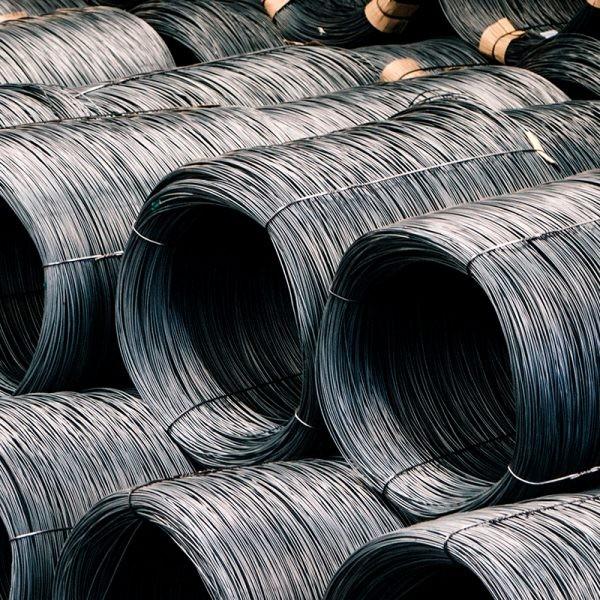
Tata Steel Thailand Plc (TSTH), a unit of India's largest steelmaker, expects to benefit from higher steel consumption in Thailand this year but needs to control production costs, driven by more expensive power bills.
Tourism recovery, especially after China's reopening, the government's infrastructure development projects under the Eastern Economic Corridor scheme and more real estate projects will boost domestic steel demand, said Tarun Kuma Daga, president and chief executive of TSTH.
"The global economy is likely to enter a recession, but Thailand, a major tourist destination, has strong tourism which will contribute to the domestic economy," he said.
In 2022, steel consumption decreased by 12% year-on-year to 16.3 million tonnes, down from 18.6 million tonnes in 2021.
"The domestic economic slowdown, a surge in energy costs and high inflation combined to affect consumption in the domestic market," he said.
TSTH saw its sales drop by 10.3% year-on-year to 900,000 tonnes during the first nine months of its 2023 fiscal year (April to December).
During this period, the company's revenue decreased by 2.6% year-on-year to 23.2 billion baht while its profit plunged 312% year-on-year to 572 million.
The company exported more steel products to India and New Zealand to cope with sluggish sales in the Thai market, with weak purchasing power.
"Our steel exports, including wire rods and steel rebars, increased to 142,000 tonnes during nine months, compared with 110,000 tonnes in the same period in fiscal 2022," said Mr Daga.
However, the baht's appreciation, with its value rising by 12% since last year, could affect exports.
"The company has no plan to decrease production capacity though factors, including the strong baht, the high rate of inflation and expensive energy costs, will affect purchasing power and steel consumption," said Mr Daga.
Jayanta Chakraborty, TSTH's vice-president for finance and chief financial officer, said the company will keep improving production efficiency and product quality to meet the demand of steel end users.
"Despite high energy costs, we cannot increase steel prices as we could lose our competitiveness during the economic slowdown," said Mr Chakraborty.
TSTH decided to better control its costs instead. The company is installing rooftop solar panels, with capacity of 14 megawatts, at its three factories in Saraburi, Chon Buri and Rayong, said Mr Daga.
"This project will not only help reduce energy costs but is also in line with a carbon neutrality campaign," he said.
The higher fuel tariff and expensive gas prices have increased the company's energy costs by 59-60%.








